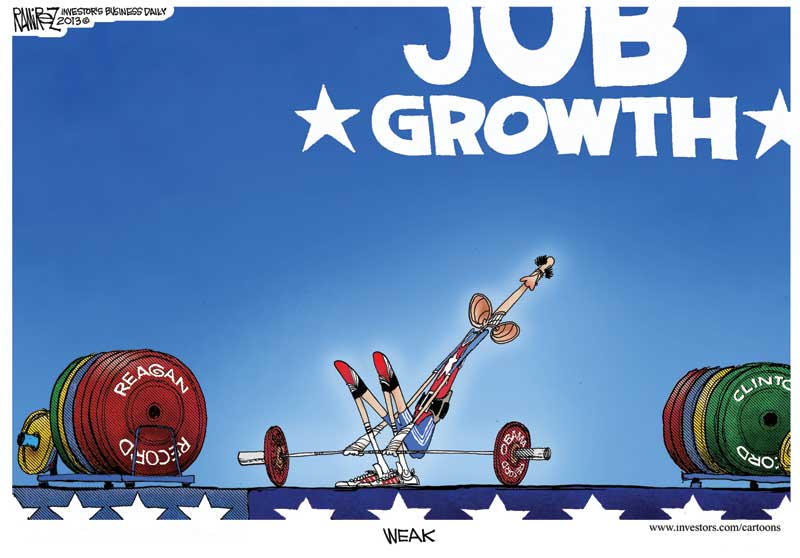Sy Perlis, a World War II veteran, set the bench press world record in the 90 and over weight class with a lift of 187.2 pounds.
Age is not an excuse!
It was time for Surprise resident Sy Perlis to break another world record. The 91-year-old weightlifting champ stepped up to the firetruck-red bench at the front of the room. With a light push, Perlis rolled onto his back, reached for the metal bar above his head and hoisted the 187.2-pound weight over his chest. Perlis broke a World Association of Benchers and Deadlifters record in the 90-and-over age division on Saturday at the National Push-Pull Bench Press and Dead Lift Championships, which were held at the Embassy Suites Hotel in north Phoenix. The final lift broke an association record of 135 pounds that had been in place since 2005.
At an age when some avoid exercise, Perlis has become an athlete, said association president and event organizer Gus Rethwisch.
“We’ve had a lot of lifters in their middle 80s, late 80s and occasionally we get one 90 and over, but they’ve never inspired people (like Perlis has),” Rethwisch said.
Perlis began weightlifting when he was 60 but entered his first championship competition five years ago at the suggestion of his trainer.
Now, he is a seasoned champion.
When he competed in the division for 85- to 89-year-olds, Perlis won the state title in 2009 and world title in 2010 and 2011 in the 181-pound weight category.
“It gave me the opportunity to do something to test myself for one thing, and I didn’t have to run around to do it, as you would in some other sports,” Perlis said of his hobby.
“I got a lot of satisfaction out of it, and it made me feel good, and it was good for me.”
It is a common misconception that exercise is unsafe for older people, said Chhanda Dutta, chief of the Clinical Gerontology Branch of the National Institute on Aging.
Research shows that exercise reduces the likelihood a person will develop a chronic disease.
For those who already have such diseases, it can improve symptoms, she added.
“The risk of leading a sedentary lifestyle is much greater than anything related to exercise,” Dutta said. “I think it’s important for people to realize that age alone doesn’t determine the intensity of your workout.”
People like Perlis are good examples of how staying fit helps seniors live longer, Dutta said.
“While these people are unusual and exceptional, they illustrate the fact that there can still be people, even in their 90s, who age very successfully,” she said.
Seniors are being studied as part of ongoing research about how genetics and physiology help people such as Perlis live long, healthy lives, Dutta said.
While Perlis and experts agree weightlifting is beneficial, it hasn’t been easy for Perlis to train for such a demanding sport.
He has had some injuries but says they are not related to his weightlifting hobby.
His trainer, Reid Solar, says Perlis’ involvement with weightlifting might be a factor, but it’s difficult to pinpoint the cause of health issues for older athletes.
Perlis had surgery to fix a hernia and get a pacemaker. He might have also fractured his wrist, but when he visited the doctor five weeks after receiving the injury, he was diagnosed with acute arthritis.
Because of the pacemaker surgery, Solar did not allow him to compete in 2012.
“His health comes first,” Solar said. “I do that with my younger guys, too. Age doesn’t matter in that case.”
